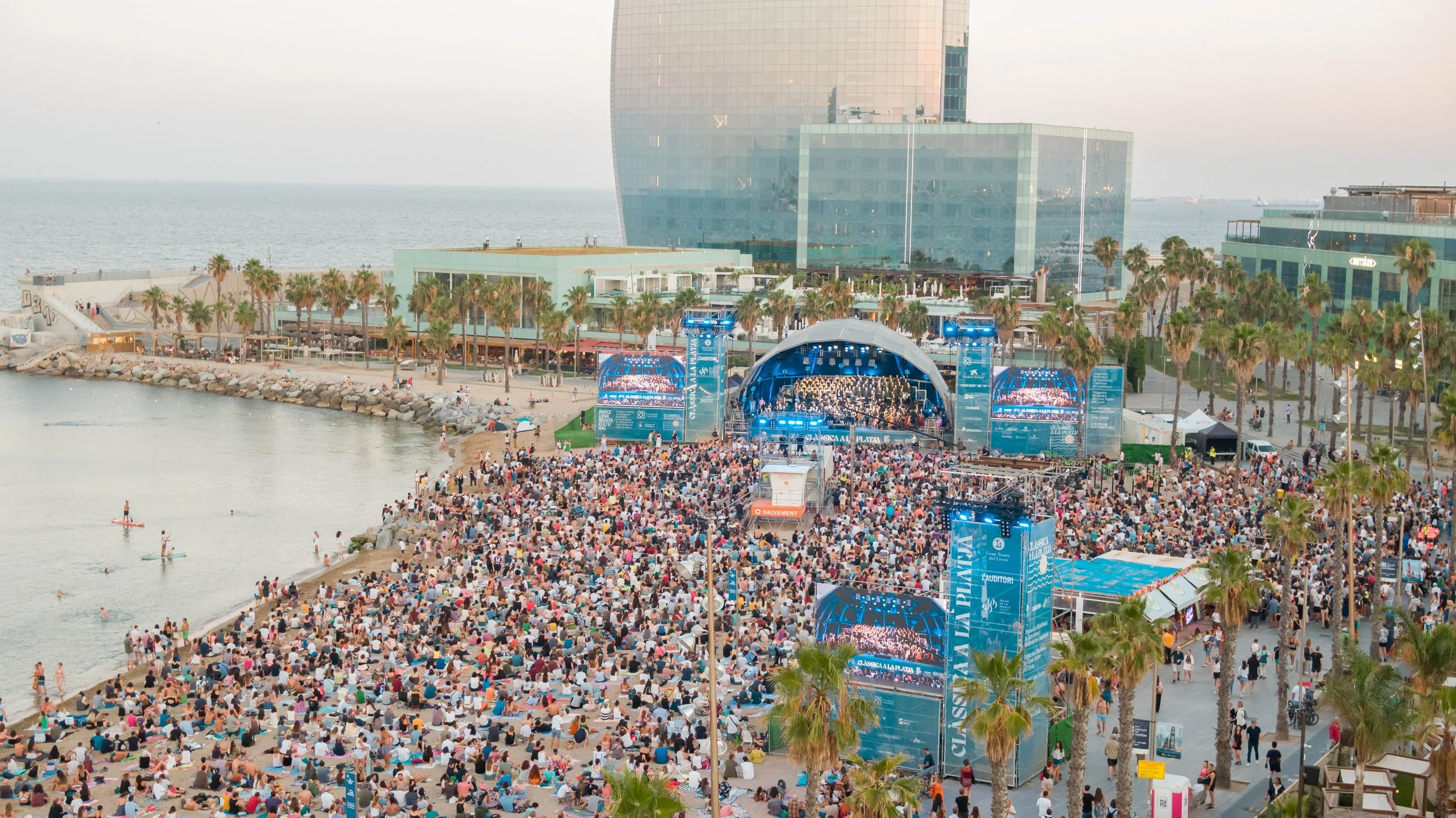Vanya is Alive, Omnibus Theatre Review
Written by Danai for Theatre and Tonic
Disclaimer: Gifted tickets in exchange for an honest review
Vanya is Alive is a piece that no one should miss. If this review were part of the play, these would be my exact words. The play uses language in a brilliant, clever way—often with reversed meanings—addressing themes of oppression, censorship, and the passive, non-reactive nature of the world toward the monstrosities we face daily. More importantly, it is crafted in a way that forces the audience to confront the mundanity of daily life—waking up, surviving, and going to sleep as if nothing significant is happening—while the world outside, even beyond literal war zones, is a battleground. So, in case this isn't clear—please watch this piece.
The show begins with Nikolay Mulakov casually walking on stage, engaging in small talk with the audience. After ensuring the viewers are ready, the performance begins. I loved how the entire piece was performed as a text meant to be "chanted" or "read," yet delivered by only one actor, as the author’s notes that Mulakov ‘performs’ suggest. After a breakdown of the character, the audience is introduced to Alya, the main protagonist, who is never truly present on stage. Alya must mourn for her soldier son, but in a state where words like "war" or any negative terms are never used. Alya frequently has to state the exact opposite of the truth. "Vanya is healthy" or "well-nourished" are examples of such contradictions, which the audience gradually uncovers. Initially, viewers may be confused by some of the language, but as the text progresses, they begin to realize the contradictions that pervade the narrative. A striking example is Vanya's funeral, where Alya, his mother, begins "laughing," as the text suggests—likely to imply that she is overwhelmed with tears. What happens in the story is for the audience to discover. As Alya, the focus of the narrative, comes to understand the terror of the world around her, she is exposed to her civil rights (after receiving a constitution from one of Vanya's friends). In response, she protests and is punished.
Natalia Lizorkina wrote such a beautiful play! Her writing is both poetry and theatre, truly inspiring. It is bold, yet its simplicity is strikingly beautiful. Every word feels purposeful, and the text has a unique, genuine quality. In a city filled with theatre and new writing, this piece truly stands out. I deeply appreciate how it manages to be one-of-a-kind, even though dystopian stories about the oppressed are a familiar theme. In this piece, the characters are trapped in a stagnant, repetitive life—where "the sun sets and then rises," as Likornoza reminds the audience in the text. I wish I could see this in its original language, not because the translation is lacking, but because I believe it would be even more impactful. Nonetheless, the English translation was beautifully aligned with the directing and acting. Ivanka Polchecnko’s choices focused on speech, using movement only at key moments, which made those moments truly stand out. Mulakov’s silent screaming pose and the moment when he physically embodies Alya’s despair were both deeply impactful. The minimalist approach to staging and Mulakov's performance created an absorbing atmosphere.
Mulakov’s performance in this piece is exceptional, especially considering how difficult it must be to perform. The play’s deliberate monotony, which underscores the dullness and stagnation of the society portrayed, demands the actor’s focus and energy to remain sharp throughout. The text is dense, requiring immense talent to stay on point. Mulakov’s ability to connect deeply with the work is evident, and this connection is palpable to the audience as well.
Overall, Nikolay Mulakov’s performance in this piece was refreshing and different from anything I’ve seen recently—in a very good way. Theatre that reflects the state of the world, isn’t afraid to comment on political issues, and avoids unnecessary flamboyance when it isn’t needed is something close to my heart. Vanya is Alive is an experience—pure art made to be felt rather than understood in conventional, linear ways.
At Omnibus Theatre until 8 Feb 2025.
★★★★













